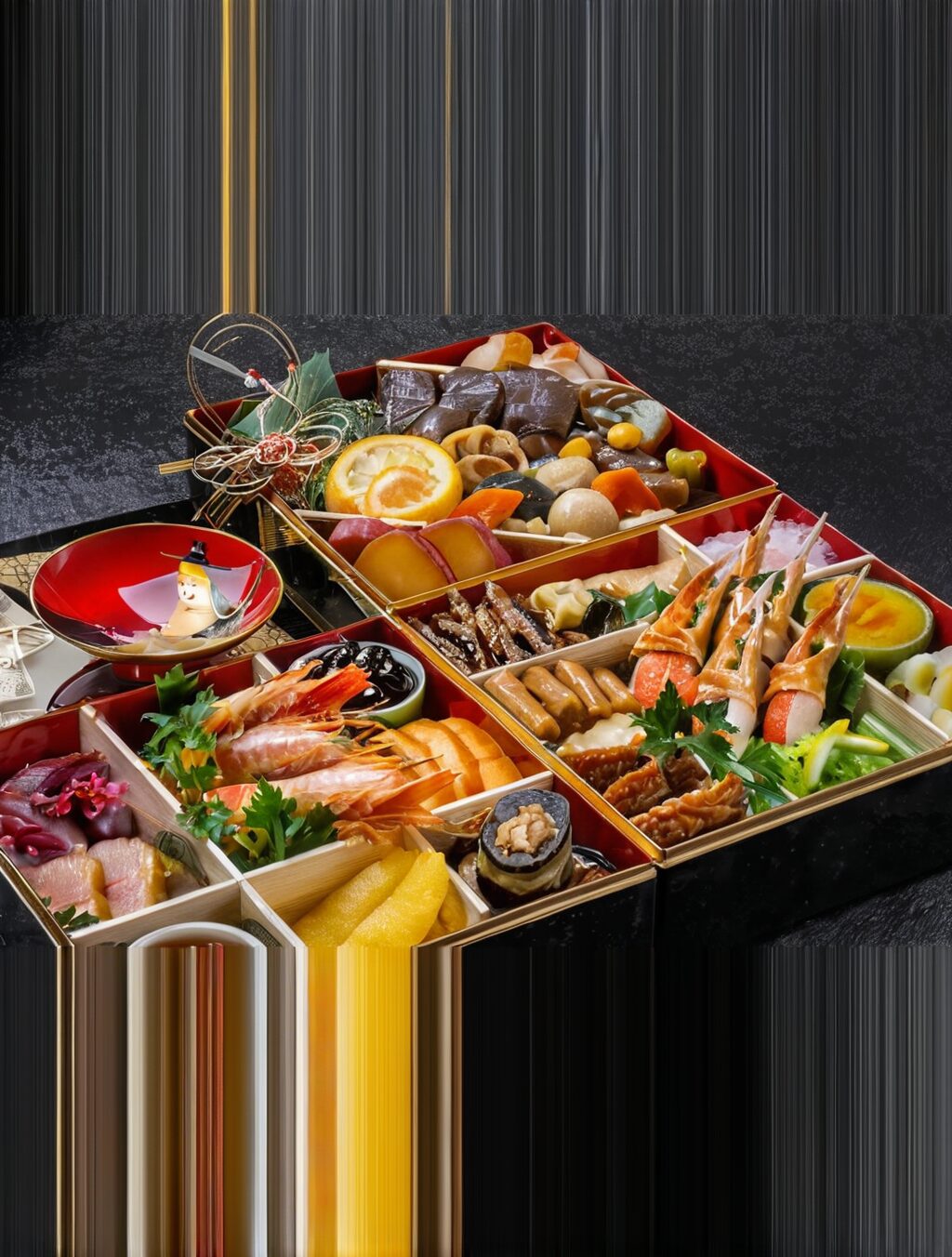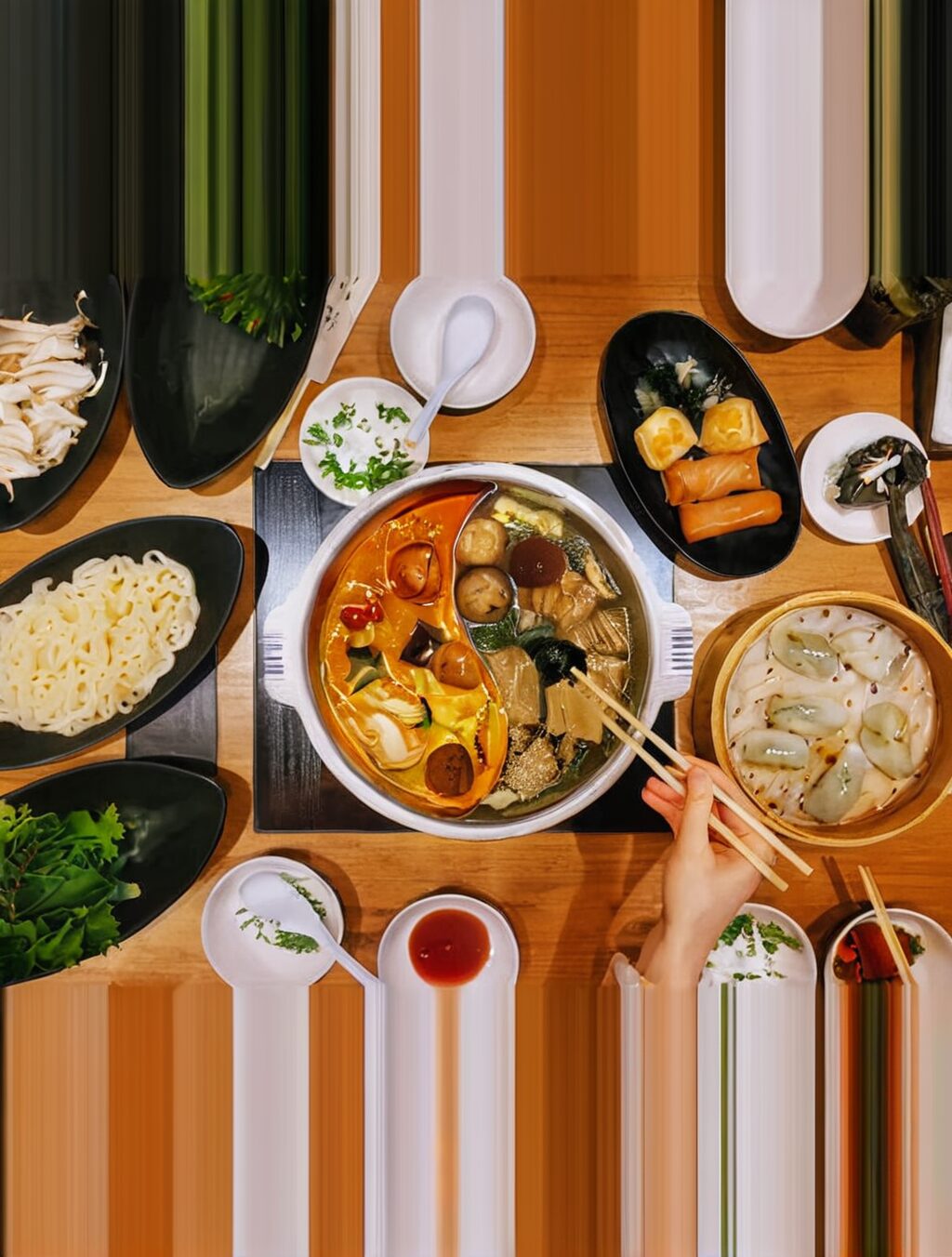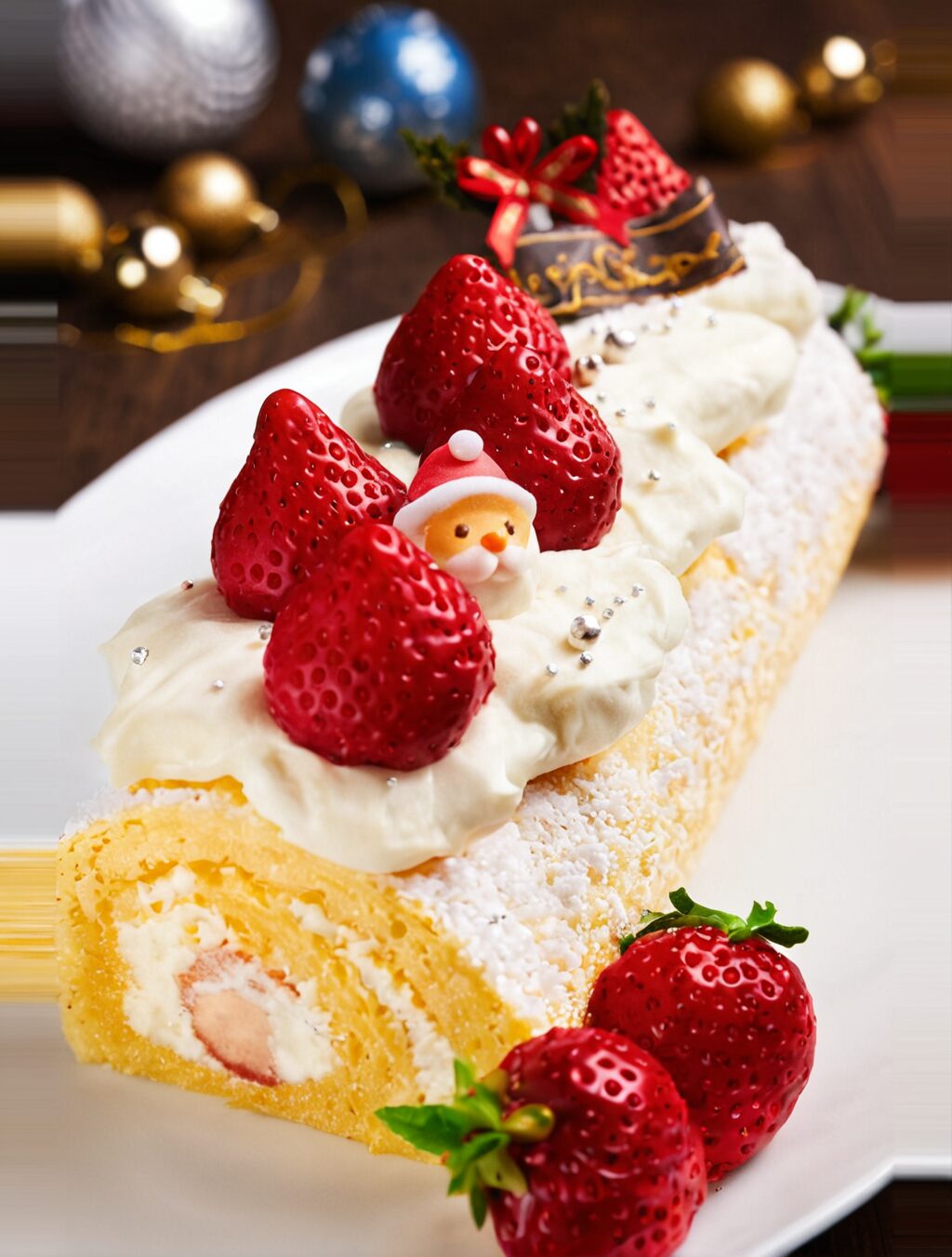Japanese Holiday Foods: A Culinary Excursion into Festive Flavors
Win a Free Trip to Japan!
Experience cherry blossoms and ancient temples
Japan’s winter holidays burst with an array of culinary delights that warm the soul and tantalize the taste buds. From traditional treats to festive feasts, here’s a mouthwatering guide to the must-try holiday foods in the Land of the Rising Sun.
Tantalizing Treats:
– Mochi: Chewy rice cakes filled with sweet or savory fillings, a staple of New Year celebrations.
– Osechi Ryori: Elaborate bento boxes filled with auspicious foods, symbolizing good fortune and prosperity.
Festive Feasts:
– Soba Noodles: Buckwheat noodles traditionally eaten on New Year’s Eve, believed to bring longevity.
– Nabemono: Hotpots bubbling with flavorful broth, vegetables, and meats, perfect for cozy winter gatherings.
– Oden: Simmered dumplings, vegetables, and tofu in a savory broth, a popular street food during the holiday season.
FAQs:
– What’s the significance of mochi in Japanese holidays? It symbolizes good luck and prosperity.
– Why are soba noodles eaten on New Year’s Eve? They represent longevity and the cutting off of bad habits.
– What’s the difference between “nabemono” and “oden”? Nabemono is a more elaborate hotpot, while oden is a popular street food.
Conclusion:
Japan’s holiday foods are a tapestry of flavors and traditions that evoke a sense of warmth, joy, and good fortune. So, whether you’re celebrating Christmas, New Year, or simply embracing the winter spirit, immerse yourself in the culinary delights of this enchanting land. Happy holidays and bon appétit!
japan holiday foods to eat
Unveiling Japan’s Holiday Gems: Unforgettable Destinations and Festive Deals
Japan’s holidays offer a unique blend of ancient traditions and modern festivities, making it an enchanting destination for travelers seeking cultural immersion and unforgettable experiences. From bustling cities to serene shrines, here’s a guide to the top holiday destinations and incredible deals in Japan.
Must-Visit Destinations:
– Tokyo: Experience the vibrant heart of Japan, adorned with dazzling illuminations and festive markets.
– Kyoto: Immerse yourself in history and tradition, witnessing ancient rituals and visiting iconic temples.
– Osaka: Discover a culinary paradise, indulge in street food delights, and enjoy lively nightlife.
Festive Deals and Discounts:
– Japan Rail Pass: Save on transportation costs with this pass, perfect for exploring multiple destinations.
– Accommodation Deals: Book early to secure discounted rates on hotels and ryokans.
– Seasonal Tours: Join guided tours tailored to the holiday season, offering insights into Japanese customs and traditions.
Upcoming Holidays and Dates:
– New Year’s Day: January 1st
– Coming-of-Age Day: January 9th
– Golden Week: Late April to early May
FAQs:
– What’s the best time to visit Japan for holidays? December to February for winter festivities and cherry blossoms in April.
– How can I save money on accommodation in Japan? Book in advance or consider budget-friendly options like guesthouses.
– What are some must-try holiday foods in Japan? Mochi, osechi ryori, and nabemono.
Conclusion:
Japan’s holiday season is a kaleidoscope of cultural experiences and festive delights. Whether you’re seeking bustling cities or tranquil retreats, there’s a destination and deal waiting for you. Embrace the spirit of omotenashi (Japanese hospitality) and create unforgettable memories in the Land of the Rising Sun.
japan winter holiday foods
December Delights: Exploring Japan’s Festive Food Traditions
As the winter chill descends upon Japan, the holiday season comes alive with a symphony of festive flavors. From traditional treats to heartwarming meals, Japanese cuisine takes center stage during December, offering a tantalizing glimpse into the country’s rich culinary heritage.
Must-Try Holiday Foods:
- Mochi: Chewy rice cakes filled with sweet or savory fillings, a symbol of good luck and prosperity.
- Osechi Ryori: Elaborate bento boxes filled with auspicious foods, representing wishes for health, happiness, and success.
- Soba Noodles: Buckwheat noodles traditionally eaten on New Year’s Eve, believed to bring longevity.
Festive Food Customs:
- Year-End Soba: Families gather to slurp down soba noodles on New Year’s Eve, a ritual known as “toshikoshi soba.”
- Osechi Tradition: Osechi ryori is prepared days in advance and eaten over the first three days of the New Year, symbolizing good fortune and family unity.
- Mochi Pounding: Communities often come together to pound mochi in a traditional ceremony, a symbol of community and teamwork.
FAQs:
- What is the significance of mochi in Japanese New Year? It represents good luck, strength, and the cycle of life.
- Why are soba noodles eaten on New Year’s Eve? They symbolize longevity and the cutting off of bad habits.
- What are some popular osechi ryori dishes? Kuri kinton (sweetened chestnuts), kamaboko (fish cakes), and datemaki (rolled omelet).
Conclusion:
Japanese holiday foods in December are not just culinary delights but also cultural touchstones, deeply rooted in tradition and symbolism. By savoring these festive flavors, travelers can immerse themselves in the vibrant tapestry of Japanese holiday celebrations and experience the warmth and joy of this special time of year.


